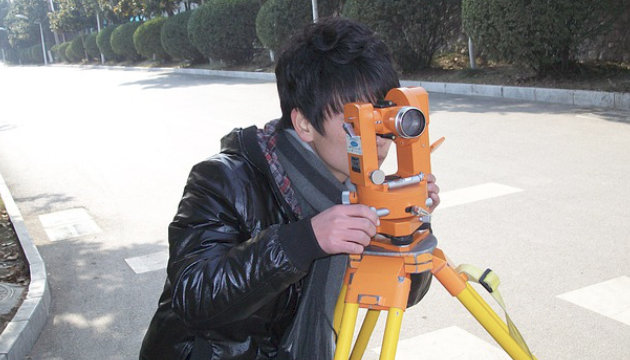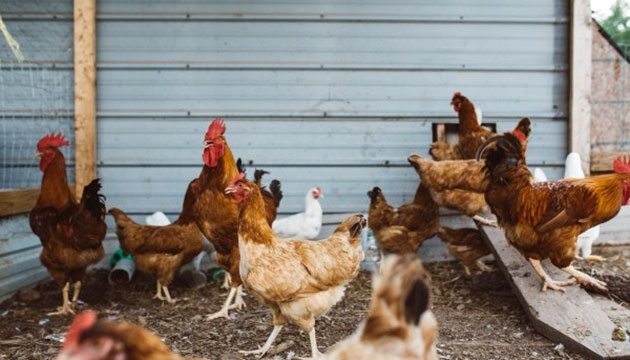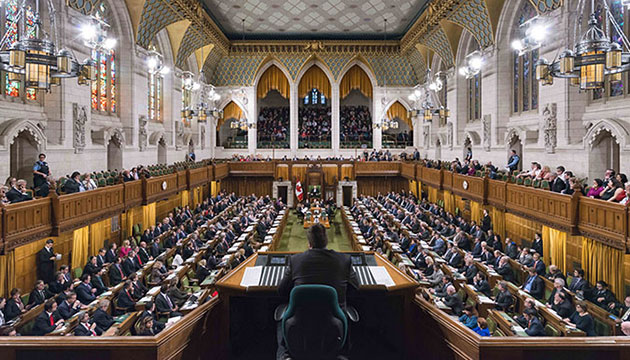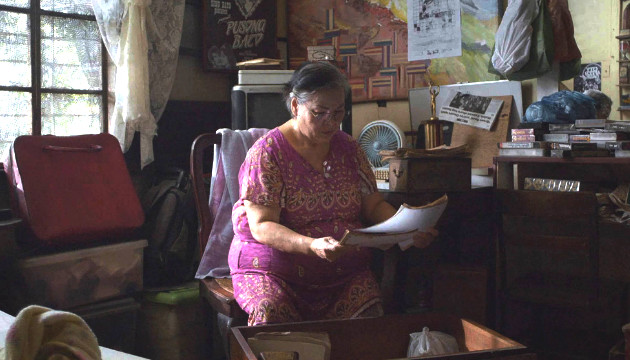January 16, 2025 — Canada and the Philippines have made it to a short list of elections to watch in 2025.
The list was compiled by The Conversation, an online network of articles written by academics and researchers across the world.
Aside from Canada and the Philippines, Germany, Chile and Belarus also made it to the compilation.
The Conversation considers these elections as “important”, and it asked experts to “explain what is at stake as those nations go to the ballot”.
One caveat: the piece was published before Canadian Prime Minister Justin Trudeau announced on January 6, 2025 his plan to resign. Meantime, Trudeau stays as prime minister until his Liberal Party chooses a new leader. His announcement also included the suspension of Parliament until March 24 this year.
Patrick James, a professor emeritus of political science and international relations at the University of Southern California Dornsife in Los Angeles, wrote the piece about Canada.
“It is looking increasingly likely that a federal election in Canada will take place well ahead of the constitutionally mandated deadline of Oct. 20, 2025,” James noted.
The academic also related that Conservative leader Pierre Poilievre has “built a huge lead in the polls that appears based on public anger over high inflation and other material shortcomings”.
Also, Poilievre “calls for a shift back toward Canada’s abundant fossil fuels to improve the economy”.
“The coming election may even be about the identity of Canada itself,” James said.
The author also asked if Poilievre will “win and shift the country toward a more conservative populism.”
Much of what James wrote about Trudeau is now outdated as the Canadian prime minister is stepping down when a successor is chosen by his party.
Now on the Philippines, voters will head to the polls on May 12, 2025 for the midterm elections.
Up for grabs are more than 18,000 positions. These cover 12 senators, 254 district representatives, 63 party-list representatives, and 17,942 governors, provincial board members, mayors, and councillors. The exercise will also include parliamentary seats in the Bangsamoro Autonomous Region in Mindanao.
Lisandro E. Claudio, associate professor of Southeast Asian studies at the University of California in Berkeley, wrote the piece about the Philippines. He previously taught at the Ateneo de Manila University and De La Salle University in the Philippines.
Claudio framed the midterm elections in the context of the ongoing feud between the camps of erstwhile allies President Ferdinand Marcos Jr. and Vice-President Sara Duterte.
The strife has seen, among others, the resignation of Duterte from Marcos’s cabinet, threats to assassinate Marcos Jr., and a call by Duterte’s father, ex-president Rodrigo Duterte, for the military to oust the president.
To note as well, Sara Duterte is a leading contender for the president in 2028. Meantime, she is facing impeachment complaints over alleged misuse of government funds.
Claudio wrote about the midterm elections: “This will be important for Marcos Jr., who needs to consolidate his power amid a feud with Vice President Sara Duterte, the daughter of Rodrigo Duterte, the previous occupant of the presidential palace who presided over a ruthless and bloody drugs crackdown. Though she ran as Marcos’ ally – vice presidents are elected separately – in 2022, the marriage of convenience quickly fell apart once it became clear that Marcos didn’t have Duterte in mind as his successor.
“A Marcos-dominated senate would increase the likelihood of a conviction should Duterte undergo an impeachment trial for alleged mismanagement of confidential funds.
“Not only would a conviction remove her from office, it would also bar her from running for president in 2028. And a restoration of vindictive Duterte power could mean trouble for the Marcoses – one of Asia’s most corrupt families, with many skeletons in its closet.
“Marcos Jr. must bury the Duterte dynasty while he still can. In a place like the Philippines, where voters are often asked to choose between the lesser of two evils, such a resolution would be welcome to many.”













